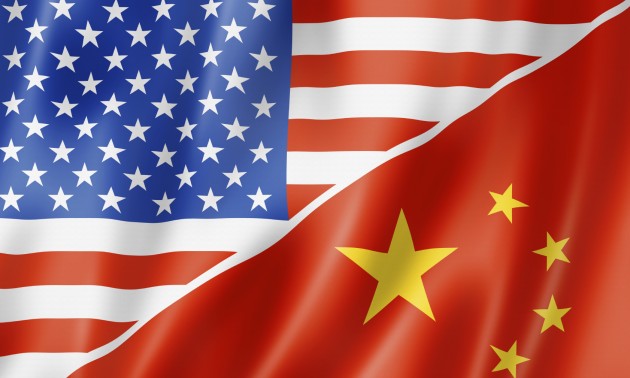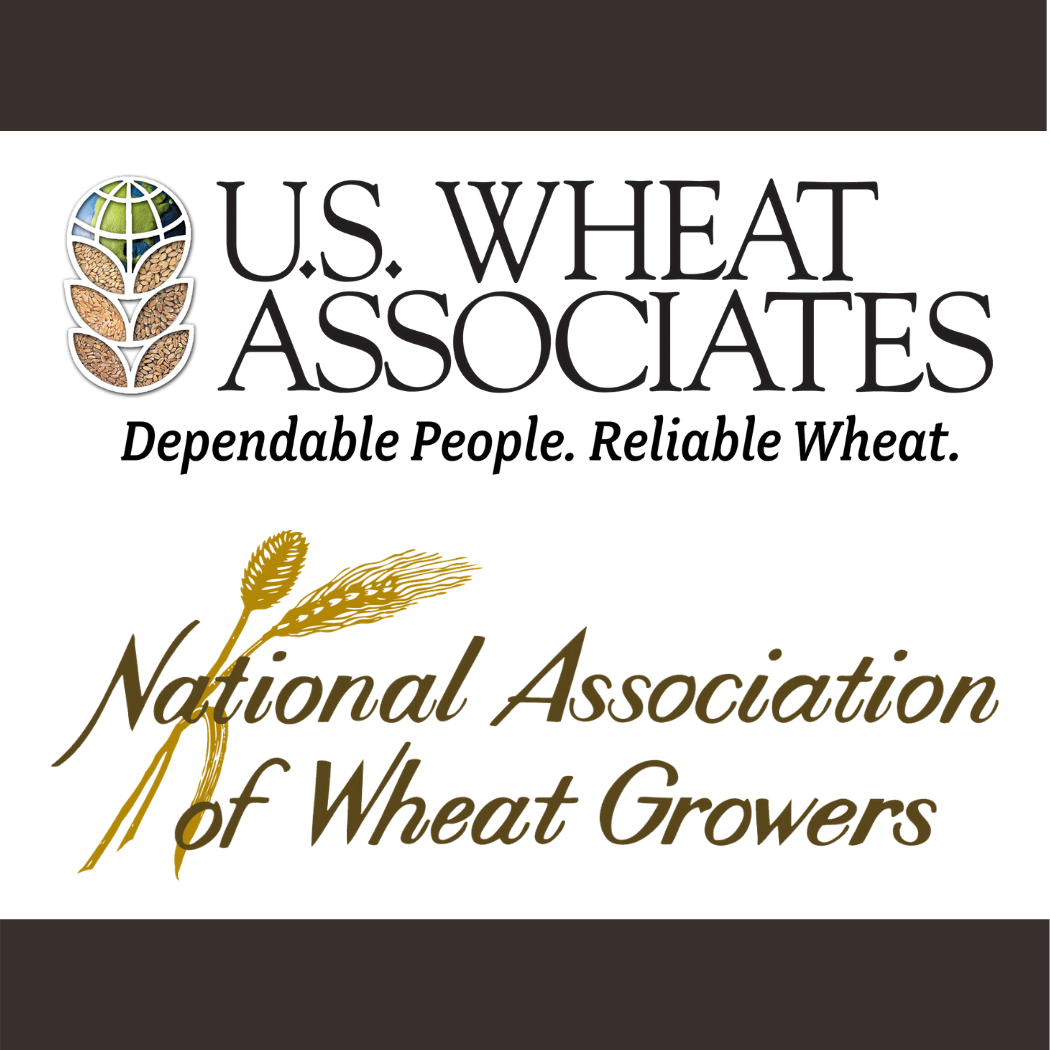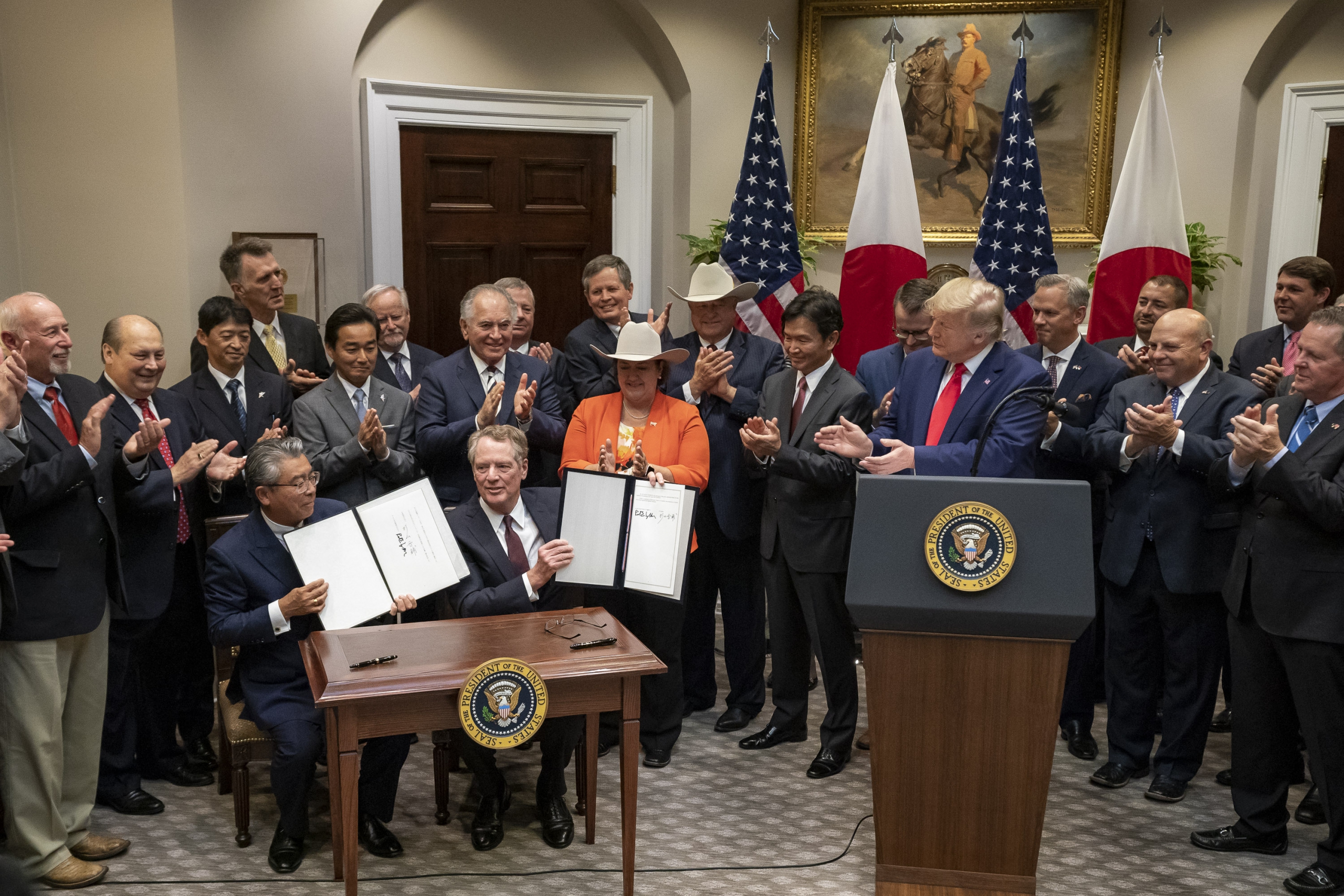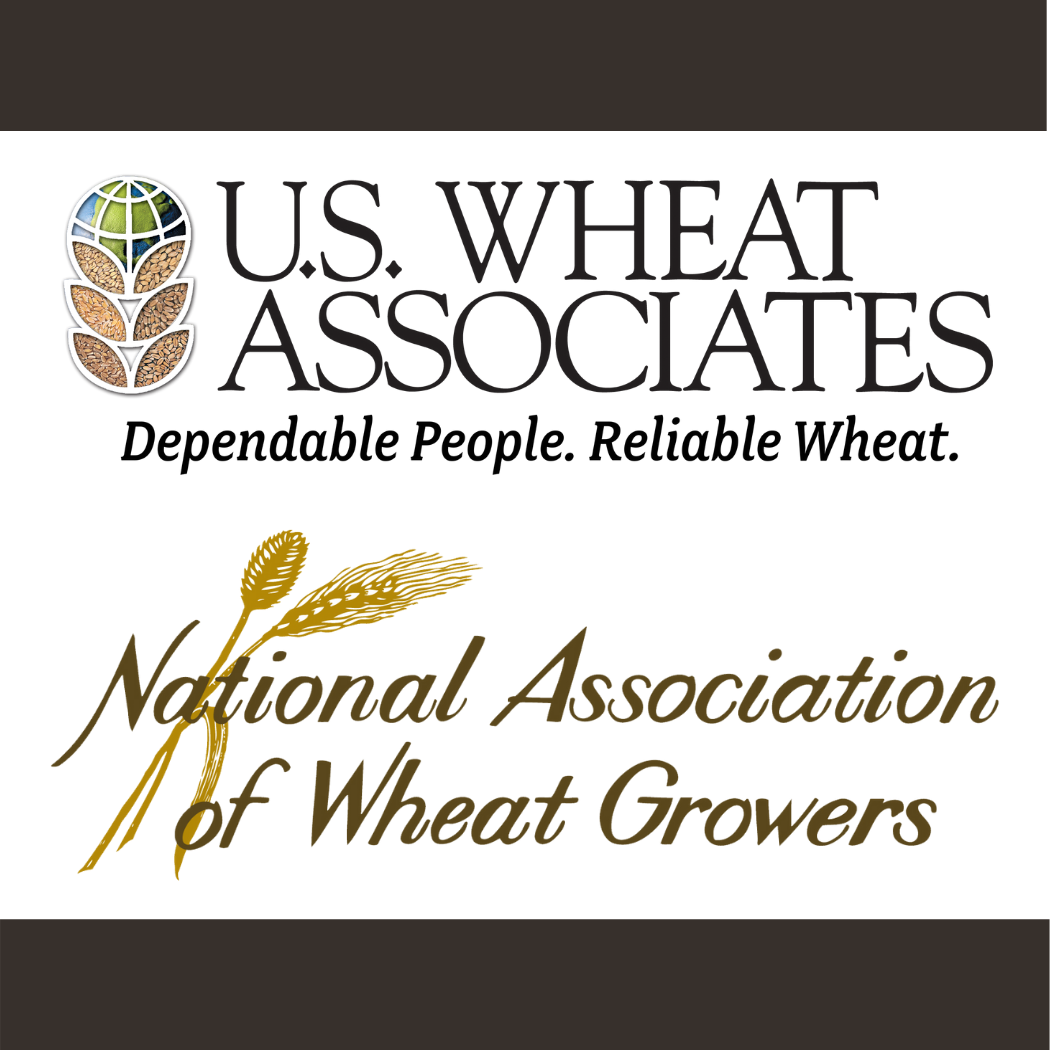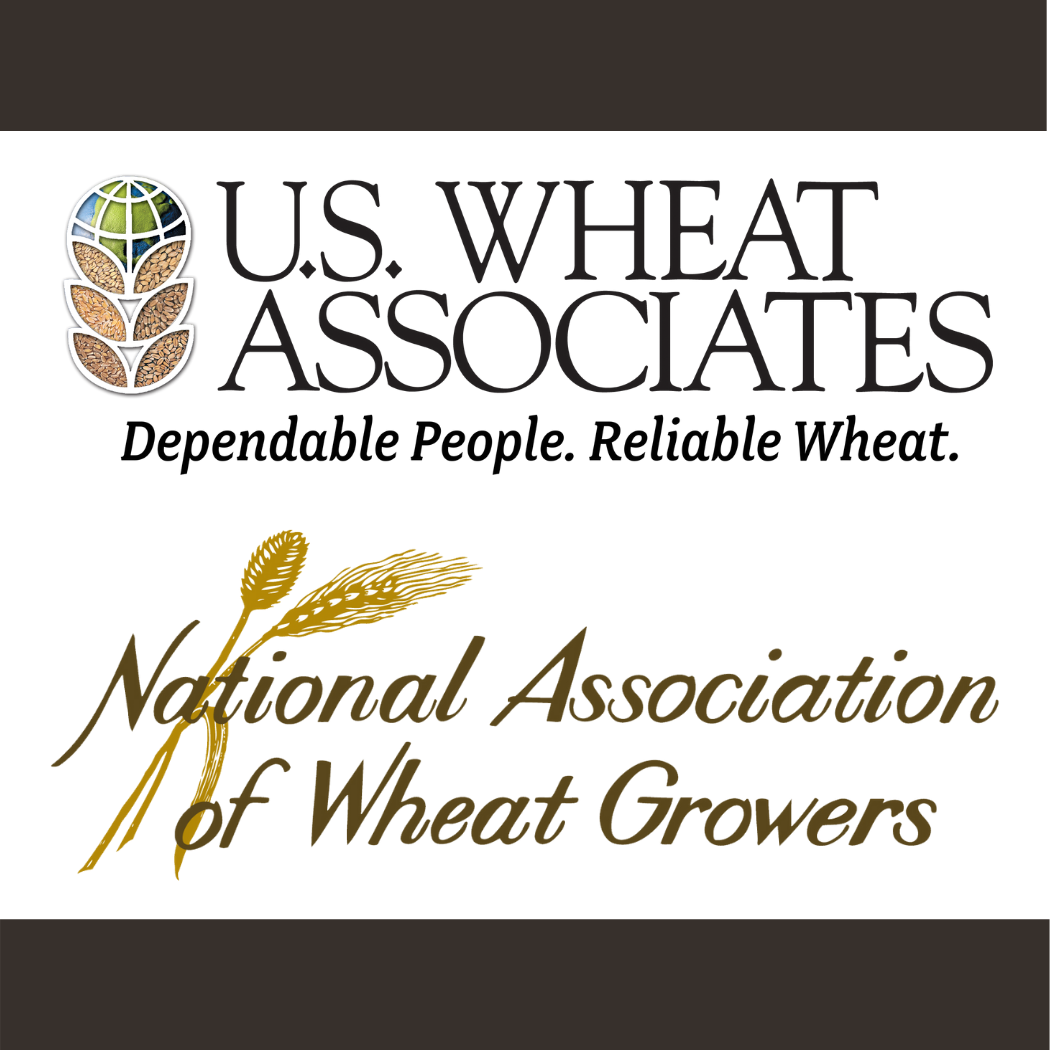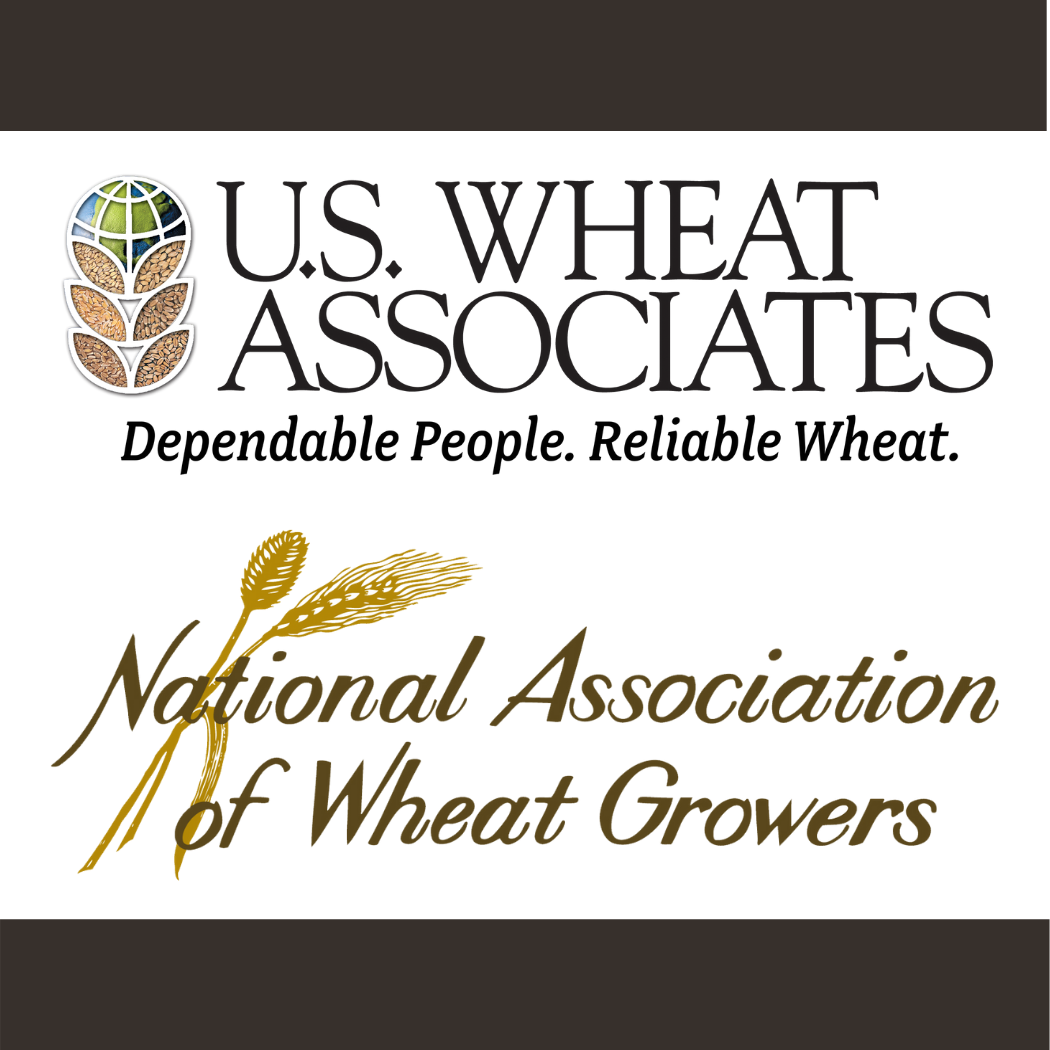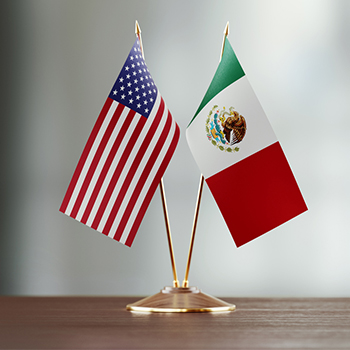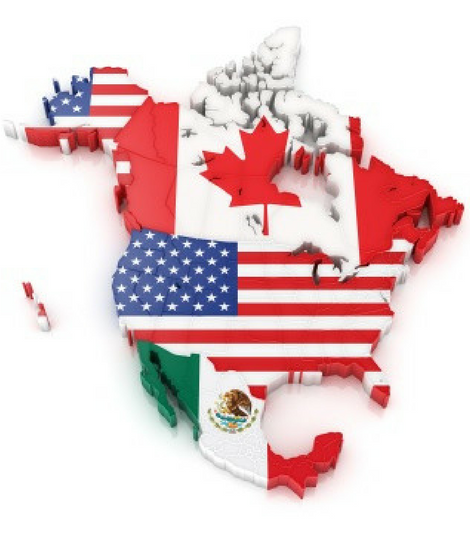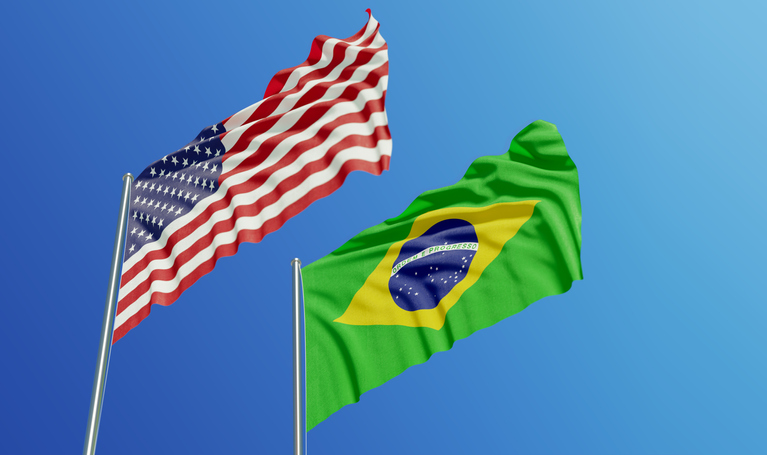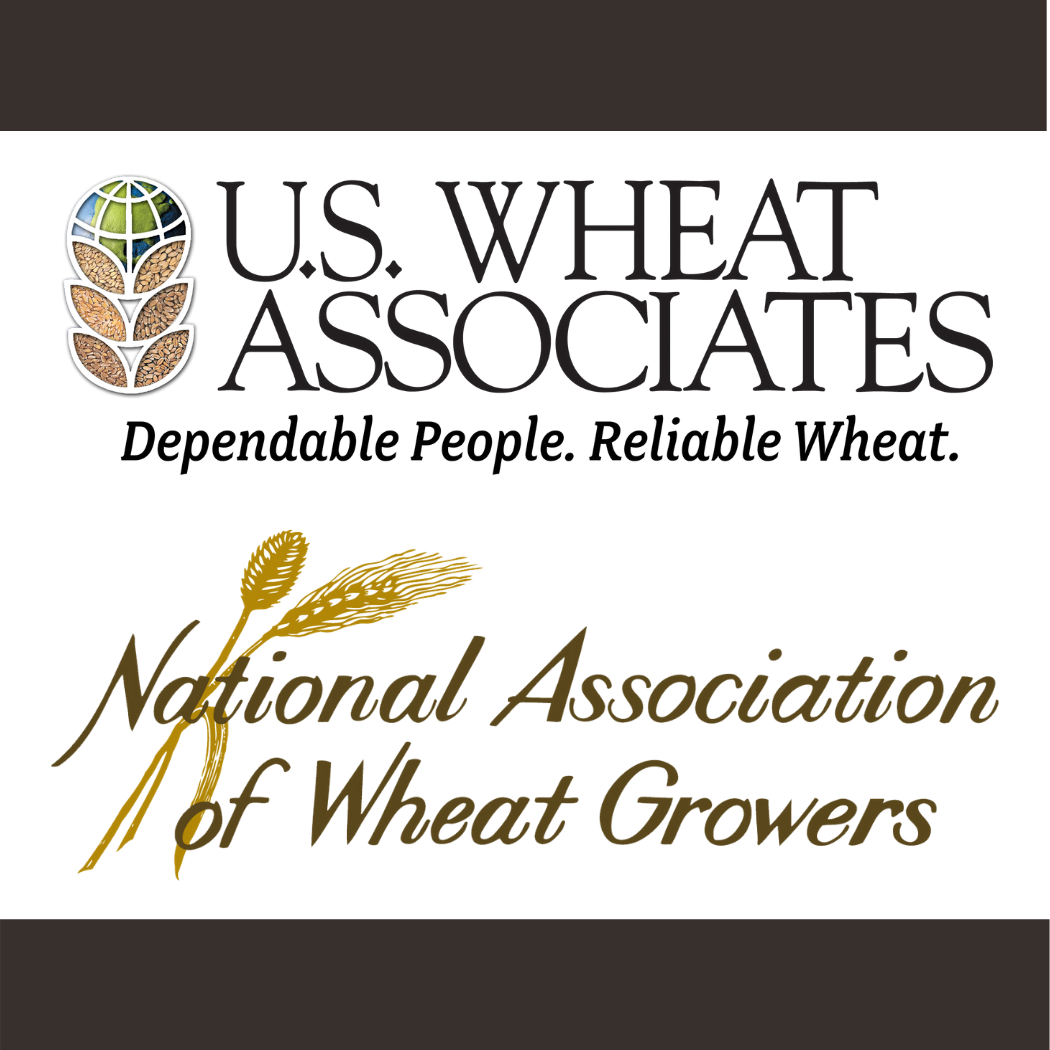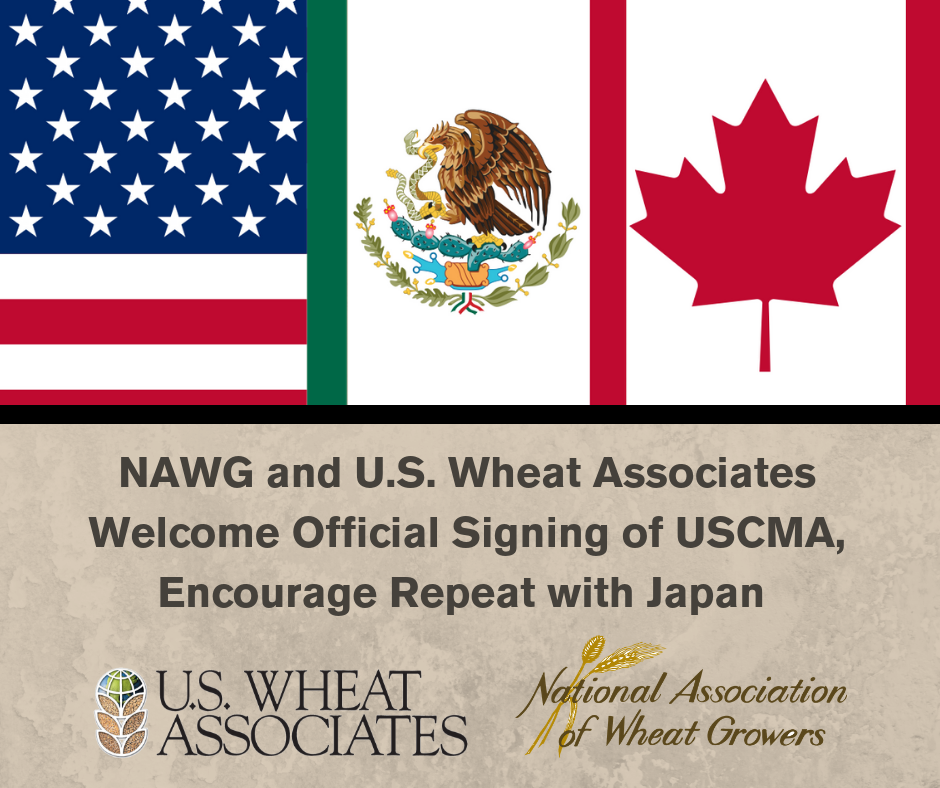ARLINGTON, Virginia — U.S. Wheat Associates (USW) and the National Association of Wheat Growers (NAWG) welcome today’s announcement by President Trump and Brazilian President Jair Bolsonaro that Brazil has agreed to implement a duty-free tariff rate quota (TRQ) for wheat, a longstanding obligation under Brazil’s World Trade Organization (WTO) commitments. This agreement opens an annual opportunity for U.S. wheat farmers to compete on a level playing field for 750,000 metric tons (about 28 million bushels) of wheat under the TRQ.
“We
are grateful to the Trump Administration for championing the interests of U.S.
farmers and specifically to Chief Agricultural Negotiator Gregg Doud and USDA
Under Secretary Ted McKinney for prioritizing the issue of Brazil’s TRQ
commitment,” said Chris Kolstad, USW Chairman and a wheat farmer from Ledger,
Mont. “This new opportunity gives us the chance to apply funding from the
Agricultural Trade Program and other programs to build stronger relationships
with Brazilian millers and a more consistent market there for U.S. wheat.”
Brazil was the largest wheat importer in Latin America and the fourth largest in the world in marketing year 2017/18. Most imports originate duty-free from the Mercosur countries of Argentina, Paraguay and Uruguay. Wheat from all other origins requires payment of a 10 percent duty. Brazil agreed to open the TRQ to all origins, including the United States, in 1995, but then notified the WTO that it wanted to remove the TRQ. Those negotiations were never concluded. Brazil did open the TRQ temporarily in 2008, 2013 and 2014 when there was a shortage of wheat within Mercosur. During those years U.S. wheat made up more than 80 percent of imports from outside Mercosur.
“This
is a big win for U.S. wheat farmers, the Trump Administration, and members of
Congress who have pushed for action on this issue,” said Ben Scholz, NAWG President
and a wheat farmer from Lavon, Tex. “I’m glad to see Brazil fulfill its
commitment and look forward to a stronger trading relationship between us. When
countries remain in compliance with the WTO, like we see here, it creates a
level playing field for wheat for both countries.”
In
some years, Brazil has imported as little as 115,000 metric tons of U.S. hard
red winter and soft red winter wheat. That is why USW has worked toward
implementation of Brazil’s wheat TRQ for a decade. USW plans to invest export
market development funding in technical support and trade servicing to help demonstrate
the quality and value of U.S. wheat for millers and bakers.
USW’s mission is to
“develop, maintain, and expand international markets to enhance the
profitability of wheat for U.S. producers and its value for their customers.”
USW activities in more than 100 countries are made possible through producer
checkoff dollars managed by 17 state wheat commissions and cost-share funding provided
by USDA’s Foreign Agricultural Service. For more information, visit our website
at www.uswheat.org.
NAWG is the primary
representative in Washington D.C. for wheat growers, working to ensure a better
future for America’s growers, the industry and the general public. NAWG works with a team of 20 state wheat grower organizations to
benefit the wheat industry at state and national levels. From their offices in
the Wheat Growers Building on Capitol Hill, NAWG’s staff members are in
constant contact with state association representatives, NAWG grower leaders,
Members of Congress, Congressional staff members and the public.
#
# #
Nondiscrimination and
Alternate Means of Communications
In all its programs, activities and employment, U.S. Wheat Associates (USW)
prohibits discrimination on the basis of race, color, religion, national
origin, gender, marital or family status, age, disability, political beliefs or
sexual orientation. Persons with disabilities who require alternative means for
communication of program information (Braille, large print, audiotape, etc.)
should contact USW at 202-463-0999 (TDD/TTY – 800-877-8339, or from outside the
U.S., 605-331-4923). To file a complaint of discrimination, write to Vice
President of Finance, USW, 3103 10th Street, North, Arlington, VA 22201, or
call 202-463-0999. USW is an equal opportunity provider and employer.

